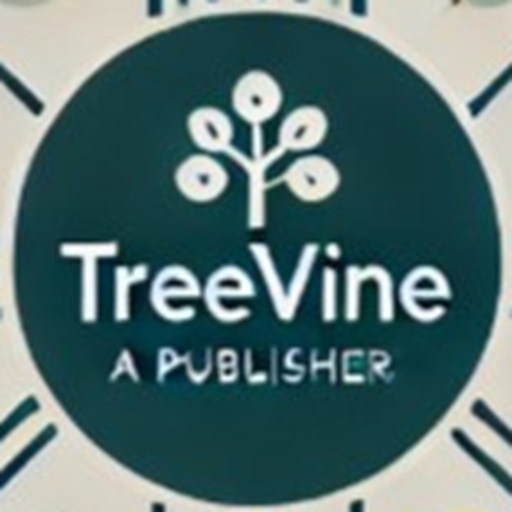What to Expect From Different Levels of WordPress Development
When you’re planning a new website, one of the trickiest things to figure out is what you’ll actually get for your investment of time, effort, or budget. With WordPress, the possibilities range from quick starter sites to highly customized platforms — but every project sits somewhere along a spectrum of complexity.
Instead of thinking in terms of price tags, it’s more useful to think in terms of complexity and timeframe. How advanced are the features you need? How much design flexibility do you want? And how long will it reasonably take to launch?
Let’s explore three levels of WordPress development — starter, mid-level, and advanced — so you can see where your project might fit.
Starter Websites
Starter builds are the “get online quickly” option. They’re perfect for individuals, small businesses, or nonprofits who just need a clean, functional presence without too many bells and whistles.
You’ll usually see:
A basic WordPress setup with a pre-designed template.
A few essential pages (Home, About, Contact).
A simple blog or news section.
A contact form.
A mobile-friendly design straight out of the theme.
These projects move fast — often in a week or two — because they rely heavily on ready-made designs with only light customization. The trade-off is that advanced features (like full e-commerce, booking systems, or membership areas) won’t be part of the package.
Mid-Level Websites
This is where most growing businesses land. Mid-level projects balance professional polish with reasonable timelines. They’re not fully custom, but they’re far more tailored than a basic starter build.
Here’s what’s typically included:
A premium WordPress theme customized to fit your brand.
A responsive design tested on desktop, tablet, and mobile.
Core pages, product or service categories, and a styled blog.
E-commerce setup with WooCommerce or a similar platform (including product pages, a secure checkout, payment gateways, and basic shipping).
Integration with Google Analytics for tracking.
Some training or documentation so you can manage your site moving forward.
Expect these projects to take about four to six weeks. They provide a strong foundation and scalability, but advanced custom features or highly specialized designs usually sit outside the scope.
Advanced Websites
Advanced WordPress builds are where you leave “customization” behind and step into the world of true bespoke development.
These projects often include:
A custom-coded theme built specifically for your brand.
Plugins developed from scratch to deliver unique functionality (like memberships, booking systems, or specialized integrations).
Complex e-commerce features such as subscriptions, multi-vendor setups, or advanced shipping rules.
Large-scale content structures or user dashboards.
These builds take the longest — anywhere from two to four months or more, depending on scope. They also require deeper collaboration and ongoing maintenance, since custom work must be kept compatible with future WordPress updates.
Comparison Table
Here’s a side-by-side look at how the levels of WordPress development compare:
| Level | Complexity | Timeframe | What You Can Expect | Limitations |
|---|---|---|---|---|
| Starter | Low | 1–2 weeks | – Basic WordPress setup – Template-based design – Core pages (Home, About, Contact) – Simple blog/news section – Contact form – Basic SEO setup | – Limited customization – Minimal e-commerce features – Few design changes possible |
| Mid-Level | Medium | 4–6 weeks | – Customized premium theme – Responsive design – Core pages + categories – Blog/news section – WooCommerce setup – Secure checkout & shipping – Analytics integration – Basic training/documentation | – No fully bespoke design – Advanced features may require add-ons – Large product catalogs may add time |
| Advanced | High | 2–4 months (or more) | – Bespoke theme – Custom plugins – Complex e-commerce (subscriptions, multi-vendor, etc.) – User dashboards or advanced data integration – Large-scale content structures | – Higher maintenance needs – Longer development cycle – Requires close collaboration |
The Bottom Line
Every WordPress site starts with the same foundation, but how far you take it depends on the complexity of your goals.
If you just need a simple, quick presence, a starter site will do the job.
If you want a polished, professional platform with e-commerce and content features, a mid-level build is the sweet spot.
And if your business demands unique functionality or a fully bespoke design, you’ll need to plan for an advanced project that takes more time and collaboration.
The beauty of WordPress is that it scales with you. Start where you are, and grow when you’re ready.
